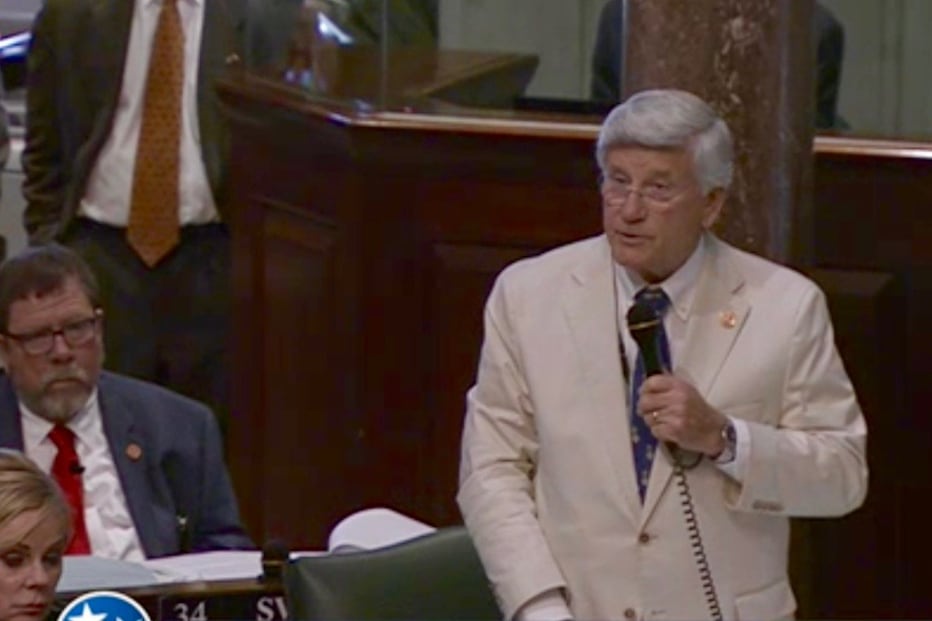Tennessee lawmakers agreed Friday to expand the state’s private school voucher program to Hamilton County — but not to Knox County — as they prepared to wrap up their legislative session for the year.
The House had approved a bill on Wednesday to add both counties to the program now operating in Shelby County and Metro Nashville to let eligible families use taxpayer money toward private school tuition.
But the Senate, which voted in February to extend vouchers to Chattanooga-based Hamilton County, rejected the wider House expansion bill on Thursday without explanation.
On Friday, the House voted 57-27 to concur with the Senate version and send the measure to Gov. Bill Lee for his signature.
The final bill, while pared down, marks the first major expansion of the private school voucher program, which launched last fall under a 2019 law that cleared a series of legal hurdles last year but still faces challenges in court.
With 44,000 students, Hamilton County Schools is one of the state’s largest districts.
Lee pressed for the law to give parents more education choices for their children. But detractors say that private school vouchers do not improve student outcomes and divert scarce resources from public schools that serve most students who are disadvantaged or have special needs.
Tennessee’s law caps enrollment at 5,000 students in the program’s first year. The program has significant room to grow, based on the latest numbers from the state education department.
As of April 14, the state had approved 705 applicants to use vouchers this school year to exit Memphis-Shelby County Schools and Metro Nashville Public Schools. Of that number, 453 applicants had submitted proof that they’ve enrolled in state-approved private school and are using their voucher of nearly $8,200 toward tuition.
While there was no discussion on the Senate floor about reasons fo rejecting the House’s proposed expansion to Knox County, none of the three Republican members who represent that area — Sens. Richard Briggs and Becky Massey and Lt. Gov. Randy McNally — supported it.
“I think we have a very good school system in Knox County and that parents already have a lot of choices,” Briggs told Chalkbeat last month.
He noted that students in his district have the option to attend magnet schools, a charter school, specialized learning academies, and international baccalaureate programs, and to transfer among the district’s 90 schools, as long as there’s space available.
“The last time we voted on (school vouchers) in the legislature, the majority of our Knox County delegation voted against it,” Briggs added. “And there’s definitely not support for them among our citizens.”
Marta Aldrich is a senior correspondent and covers the statehouse for Chalkbeat Tennessee. Contact her at maldrich@chalkbeat.org.





